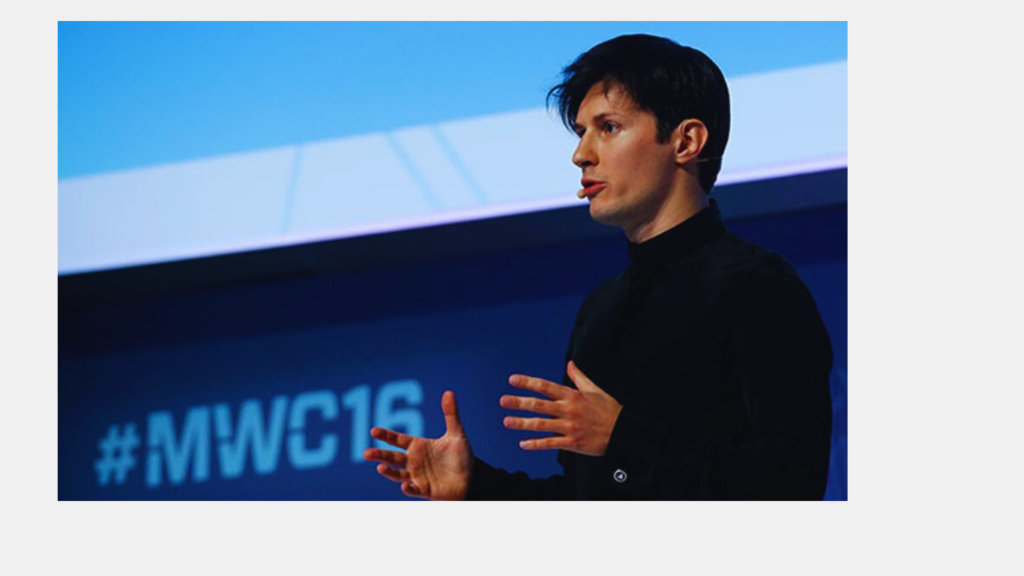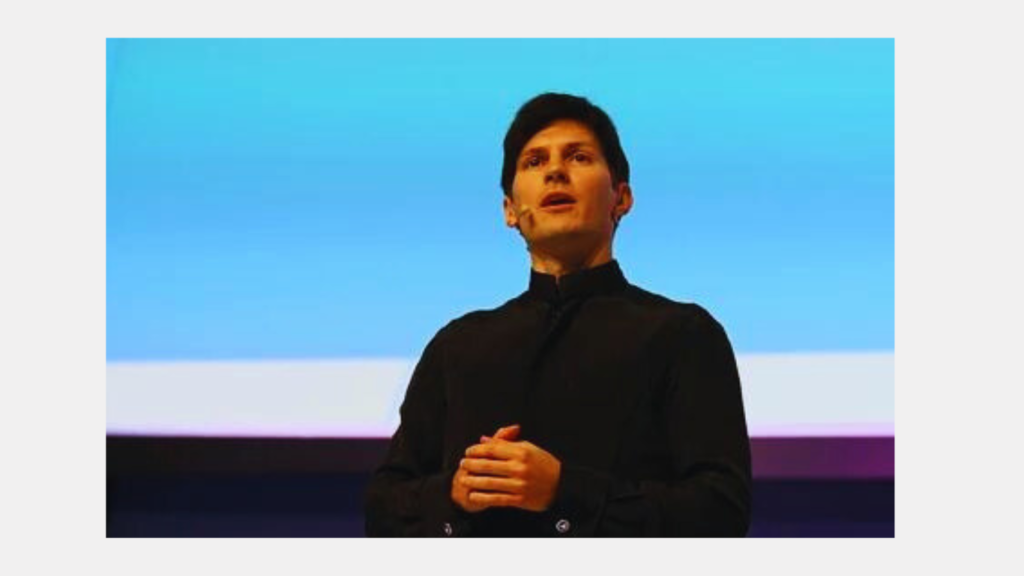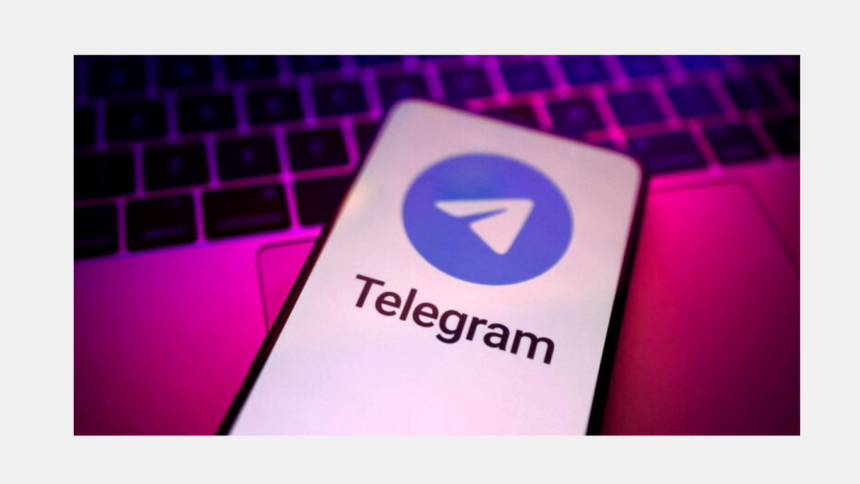CEO of Telegram
Durov was given bail with the requirements that he stay in France and pay a five million euro ($5.56 million) deposit.
The CEO of Telegram, Pavel Durov, who was born in Russia, has been placed under formal investigation following his detention as a component of an investigation into organized crime on the messaging and social media platform.
Durov’s imprisonment following his Saturday private jet landing in Paris has raised awareness of the criminal responsibility of software developers and sparked discussion about the boundaries between the right to free speech and the application of the law.

After being freed from police detention, Durov was sent to court to face interrogation.
Durov was moved to a court earlier on Wednesday for additional interrogation after being freed from police custody, which is when his charges originated.
Durov is not automatically found guilty or put on trial by having a formal investigation launched against him.
To put somebody under court monitoring indicates that officials believe there is sufficient evidence in the case.
In a statement from the Paris prosecutor’s office, the authorities said that he must pay €5 million ($5.56 million) in bail and appear twice a week at a police station.
Durov is the subject of an official investigation
The Paris public prosecutor’s office announced that Durov was the subject of a formal inquiry by authorities due to allegations that he had assisted and abetted criminal activities on his messaging app and had not cooperated with them enough in criminal investigations.
French media reported that Durov’s attorney, David-Olivier Kaminski, stated that “it’s totally absurd to think that the person in charge of a social network could be implicated in criminal acts that don’t concern him, directly or indirectly.”
Due to its robust end-to-end encryption, Telegram has become one of the most widely used messaging programs worldwide. It is problematic since there is little regulation over it, which has made it a haven for cybercriminals.
Prosecutors said that Durov is, “at this stage, the only person implicated in this case.”
Telegram’s strong end-to-end encryption has made it one of the most popular messaging apps in the world. It is also controversial because limited oversight has also turned it into a hotbed for cyber criminals.

Durov detained at a Parisian airport
CEO of Telegram
Due to Telegram’s lax content filtering policies, the 39-year-old was detained on Saturday at a Parisian airport on a warrant.
Charges against him included accusations that his platform assisted in drug trafficking, fraud, and child abuse, among other crimes for which he was under investigation.
The Telegram CEO was detained in detention for ninety-six hours following his arrest, which is the longest period of time permitted by French law before facing charges.
Online discussion about free expression is sparked by Durov’s arrest.

Russia has expressed fury over Durov’s detention in France, with some government officials seeing it as evidence of the West’s double standard for free speech and politically motivated.
The arrest of Durov was a result of an impartial inquiry, not a political manoeuvre, according to remarks made earlier this week by French President Emmanuel Macron.
It is currently impossible to determine whether the arrest constituted an attack on free expression, according to Eva Galperin, director of cybersecurity at the Digital Rights advocacy group Electronic Frontier Foundation, who spoke with DW.
Advocates want the French leader of Telegram to be released.
She stated there have been many accusations made against the billionaire Telegram, along with many categories of illegal behavior, but nothing specific had yet been brought forward.
She expressed skepticism towards official claims that social media companies are not doing enough to pursue criminals, citing the fact that governments have widely divergent views on “who does and does not qualify as a criminal.”

